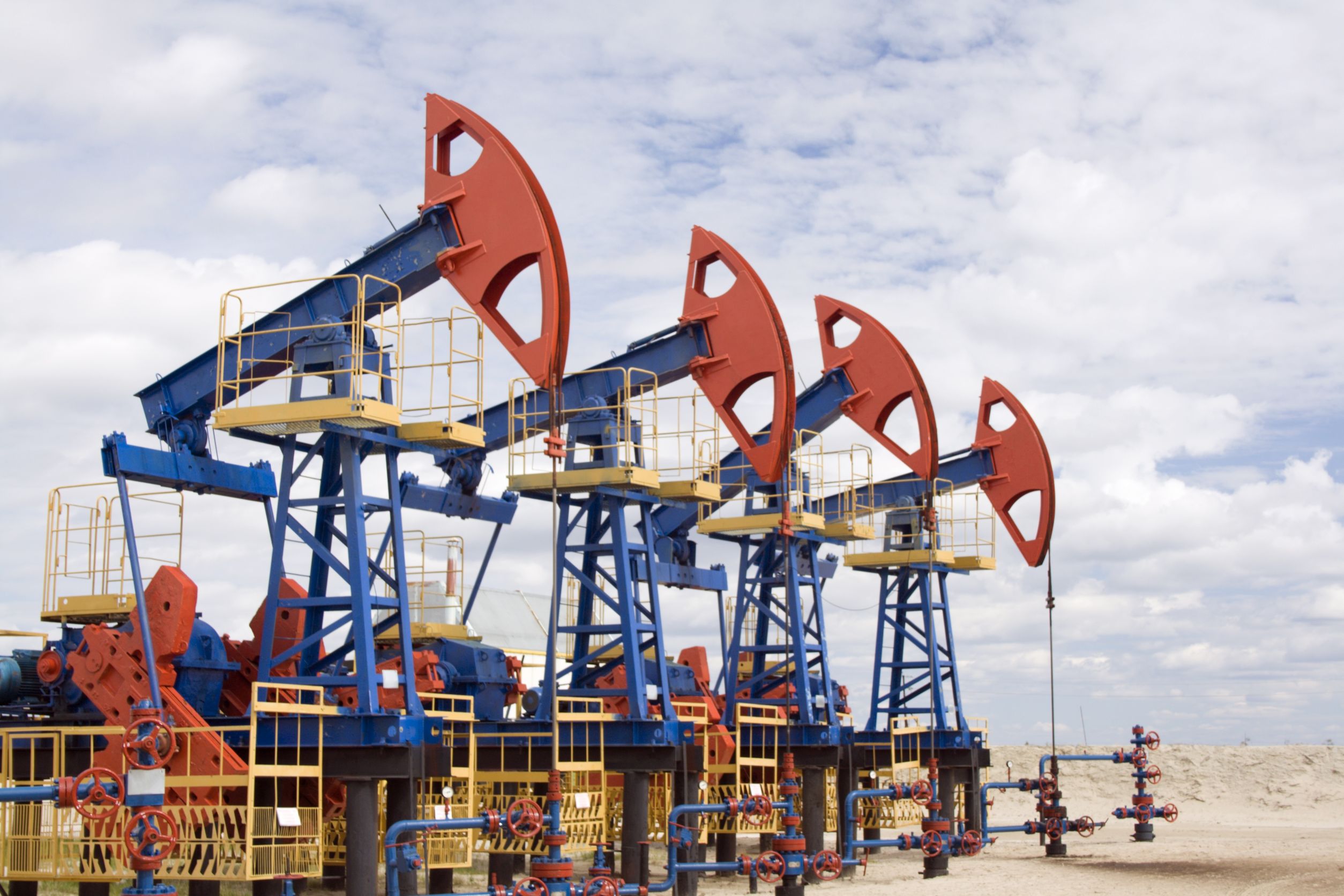Working in the oil fields in any part of the country requires the use of the best of parts and equipment to stand up to the demands of the industry. Continuous use, vibration, temperature changes, and high-pressure systems in the Texas oil field means that every part and component has to be carefully selected to stand up the working conditions and prevent system failure, slowdowns, or problems.
Even small parts, like fittings, need to be carefully considered. Choosing cheap fittings over quality forged steel fittings can result in leaks, pressure loss and extensive downtime, which directly translates into lost production and revenue. Of course, systems under pressure also create personal and environmental safety concerns if there is a failure in a system component.
Solid, Dependable Fittings
Most oil field companies throughout Texas, as well as the rest of the country, choose forged steel fittings for their durability. These fittings are produced under high levels of mechanical and thermal energy as well as pressure, which eliminates minor holes or voids in the walls of the fitting.
In other types of fittings made by different methods, including casting, it is possible for the molten alloy to leave slight variations in density that is invisible from the outside of the fitting. However, under extreme pressure these slight variations in the fitting can create potentially weak areas that can blow out, resulting in significant issues in the field.
The use of forged steel fittings in the Texas oil field also results in a higher fatigue strength. This is not a slight difference, with the Forging Industry Association testing both cast and forged components and finding the forged parts having a 37% increase in fatigue strength.
This factor is important, as the forged fittings will accommodate more deformation before failure. While this is not a common issue, it is still a benefit that, if needed, offers significant safety and operational advantages.
